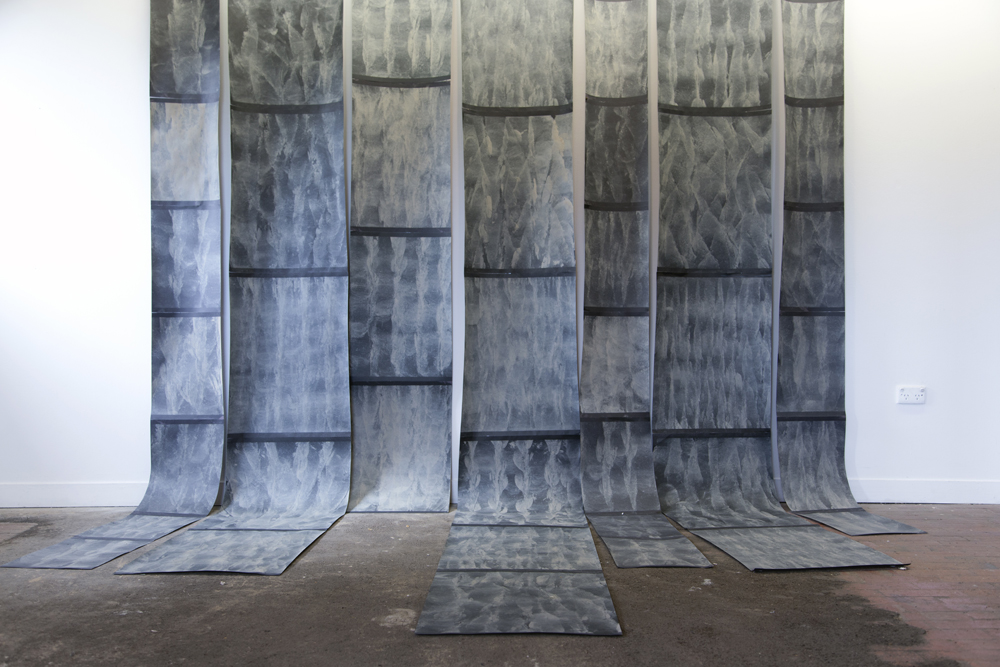'Trouble on the Rocks': Down and Dirty in Dorothy Porter's Verse Novels
Keywords:
Dorothy Porter, verse novels, poetry, crime fictionAbstract
I want you, trouble,
on the rocks.
So says tough-minded PI Jill Fitzpatrick in Dorothy Porter’s The Monkey’s Mask (1994), the most successful of her five verse novels, and students are still surprised by its combination of imagistic poetry and what might be called ‘dirty’ realism. I use this latter term because it highlights the seeming disjunction between the genres at play here and elsewhere in Porter’s narrative poems, but also because The Monkey’s Mask coincided with the short-lived ‘grunge’ moment in Australian literature, most famously embodied in the early works of younger writers such as Justine Ettler, Andrew McGahan and Christos Tsiolkas, whose careers later took other directions. As Porter said in 1999, ‘I wrote bad because writing good definitely did me no good.’
Critics have mostly celebrated Porter’s verse novels as boundary-crossing experiments whose success was crowned by popularity, but I’m concerned to re-examine the generic tensions within them as a way of thinking about poetry’s shifting place in Australian culture during the 1990s and early 2000s. Porter’s protagonists may invite all kinds of poetic trouble – the femme fatale is a favoured trope – but they also hanker after closure, both narrative and psychological, especially in her crime thrillers. With her thrillers in mind, I’d like to tease out Franco Moretti’s insight that detective fiction is literature that seeks to exorcise the literary. In the words of Cath, the crime-fighting ‘Imaginary Worlds Specialist Director’ in El Dorado (2007), ‘Why did sex create/such chaos?’
References
Chandler, Raymond. The Big Sleep. 1948. New York: Vintage, 1992.
Clemens, Justin. ‘Being Caught Dead.’ Overland 202 (2011): 95-100.
Davis, Mark. ‘The Decline of the Literary Paradigm in Australian Publishing.’ Heat 12 (New Series) (2006): 91-108.
---. Gangland: Cultural Elites and the New Generationalism. 2nd ed. St Leonards: Allen & Unwin, 1999.
Lucas, Rose. ‘Planetary Influences’ (review of Wild Surmise). Australian Women’s Book Review 14.2 (2002).
---. ‘Tracking the Body: Dorothy Porter’s The Monkey’s Mask.’ Crossing Lines: Formations of Australian Culture: Proceedings of the Association for the Study of Australian Literature Conference, Adelaide, 1995. Ed. Caroline Guerin, Philip Butterss and Amanda Nettlebeck. Adelaide: Association for the Study of Australian Literature, 1996: 202-7.
McCredden, Lyn. ‘Crete: Dorothy Porter, Exuberance, and the Limits of Art.’ Journal of Australian Studies 38:3 (2014): 271-280.
Minter, Peter. ‘Poetry’s Like Sex: You Can’t Fake It’ (interview with Dorothy Porter). Cordite 29 (2008); first published Cordite 3 (1998): 2-7.
Moorhead, Finola. ‘She Doesn’t Prove Who Did It, Anyway’ (review of The Monkey’s Mask). Southerly 55.1 (1995): 177-92.
Moretti, Franco. Trans. Susan Fischer, David Forgacs and David Miller. Signs Taken for Wonders: Essays in the Sociology of Literary Forms. London: Verso: 1983.
Plunkett, Felicity. ‘Daemonic Currents in Dorothy Porter’s Poetry.’ Australian Literary Studies. 25.1 (2010): 19-30.
Porter, Dorothy. Crete. South Melbourne: Hyland House, 1996.
---. El Dorado. Sydney: Picador, 2007.
---. ‘It’s Too Hard to Write Good – I’d Rather Write Bad.’ Australian Humanities Review 17 (2000).
---. ‘Statements: Dorothy Porter.’ Poetry and Gender: Statements and Essays in Australian Women’s Poetry and Poetics. Ed. David Brooks and Brenda Walker. St Lucia: University of Queensland Press, 1989.
---. The Monkey’s Mask. South Melbourne: Hyland House, 1994.
---. What a Piece of Work. Sydney: Picador, 1999.
---. Wild Surmise. Sydney: Picador, 2002.
Todorov, Tzvetan. Trans. Richard Howard. ‘The Typology of Detective Fiction.’ The Poetics of Prose. Basil Blackwood: Oxford, 1977: 42-52.
Downloads
Published
Issue
Section
License
The copyright for articles in this journal is retained by the author(s), with first publication rights granted to the journal. By virtue of their appearance in this open access journal, articles are free to use with proper attribution in educational and other non-commercial sectors.Attribution-NonCommercial-ShareAlike 2.1 Australia
This work is licensed under the Creative Commons Attribution-NonCommercial-ShareAlike 2.1 Australia License. To view a copy of this license, visit http://creativecommons.org/licenses/by-nc-sa/2.1/au/ or send a letter to Creative Commons, 543 Howard Street, 5th Floor, San Francisco, California, 94105, USA.

